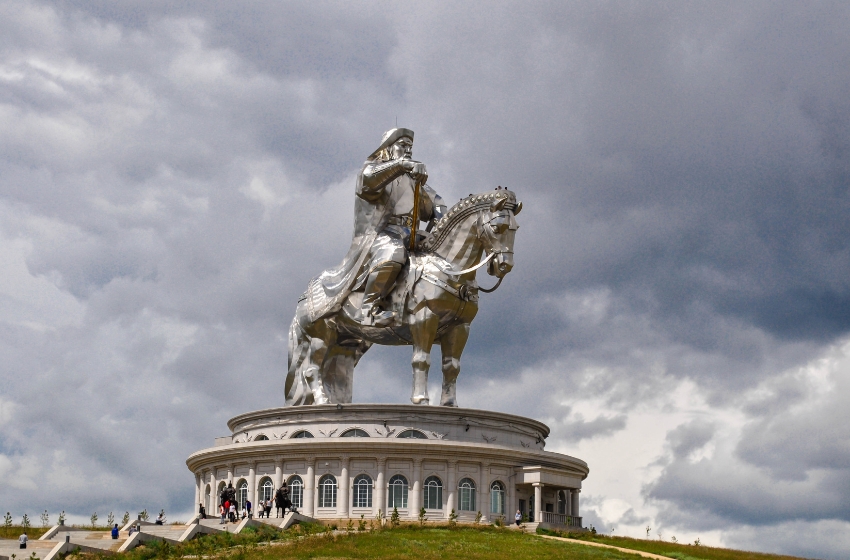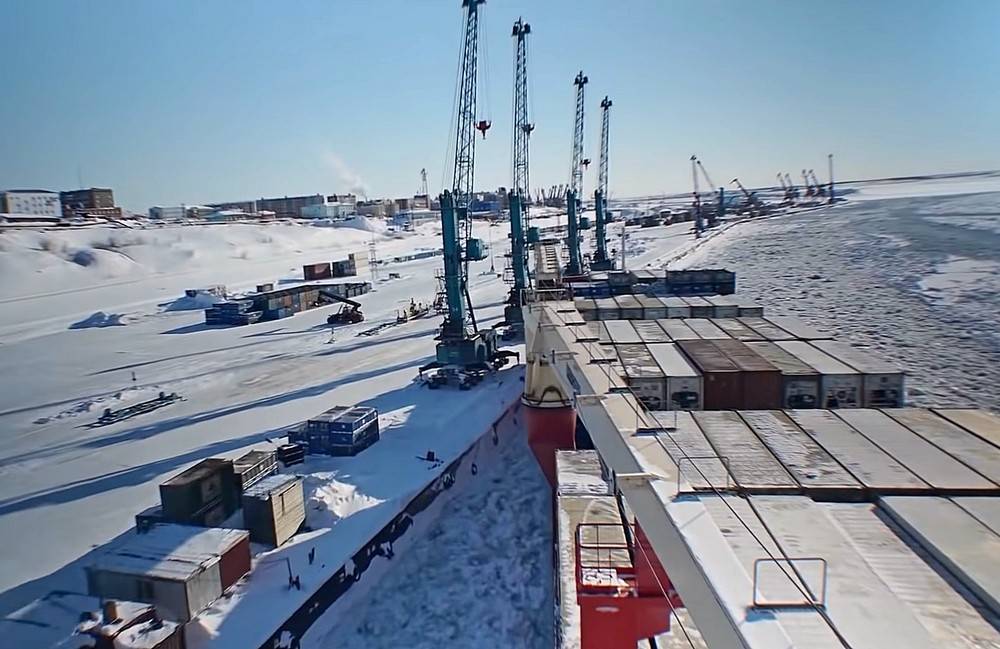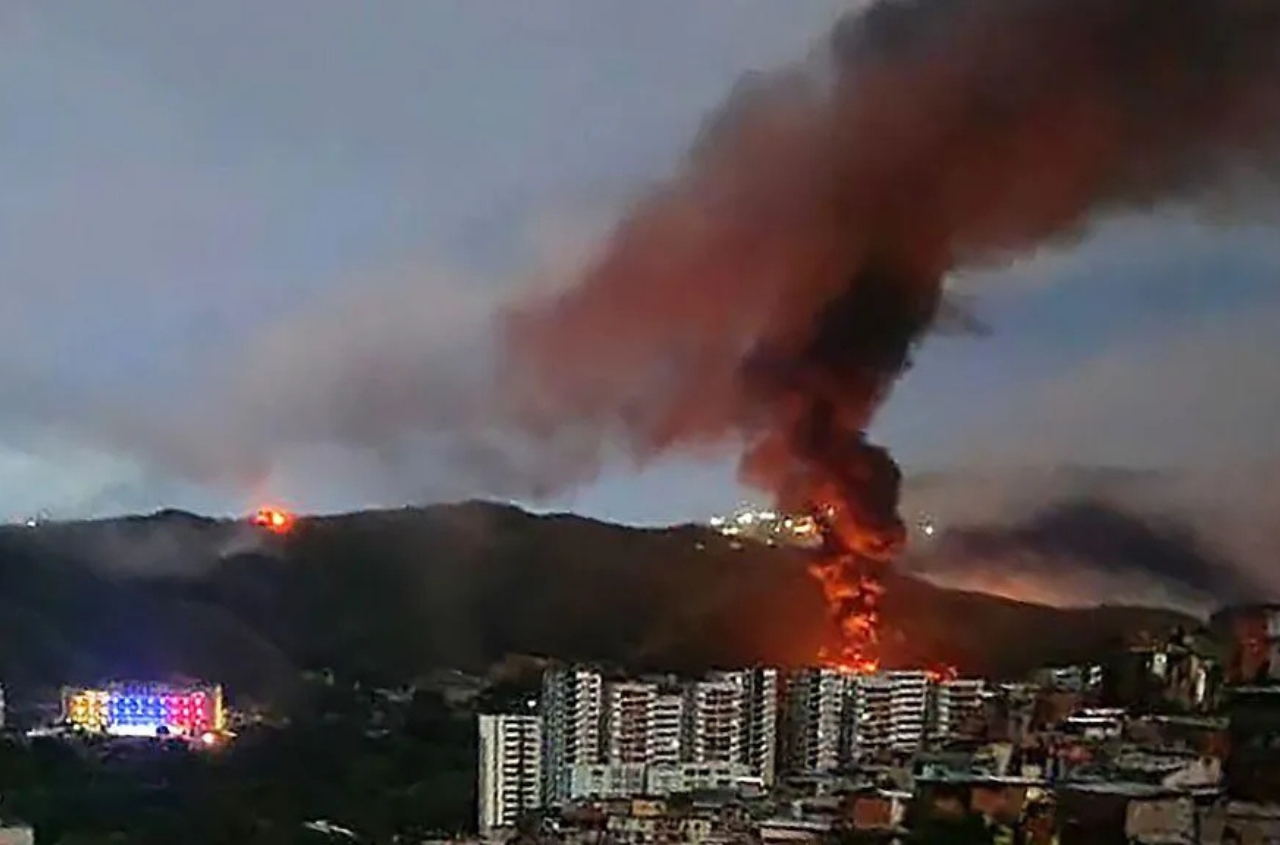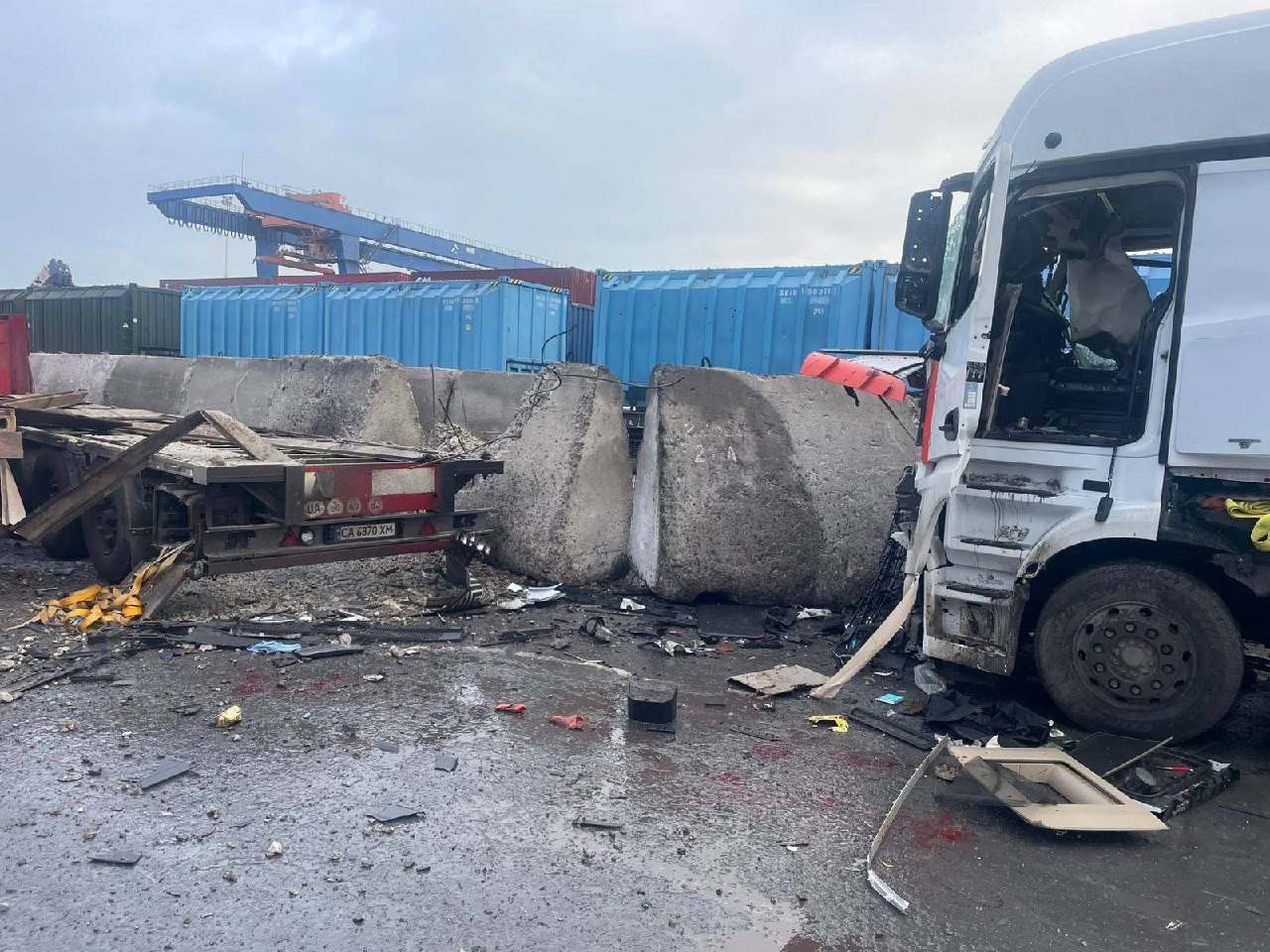Putin's visit to Mongolia carries a certain historical echo.
It is clear that the key topic of the negotiations is the construction of a gas pipeline through Mongolia from Russia to China.
The West is informally offering Mongolia loans if it abandons this project.
However, Mongolia has likely already made its decision, in exchange for supplies of cheap fuel and weapons.
The historical echo is that Mongolia was the site where, 800 years ago, the first Eurasian land empire of the Telurians was assembled, which reached Byzantium and Central Europe.
The expansion of the Mongol Empire ended at that time with the Eurasian steppes and semi-deserts.
During that period, there were no strong maritime empires in Europe—the Thalassocrats. The only state that established an equal partnership with the vast Telurian empire was the maritime Republic of Genoa.
The Mongol Empire 1.0 primarily relied on overland trade routes, fiat money, and was practically independent of the Thalassocrats.
Only the transition of Asia to maritime trade routes with the arrival of the Portuguese brought heavy colonial dependence on the West for local peoples for centuries.
Now we see the creation of the Mongol Empire 2.0 as part of Russia and China.
It also relies on overland trade routes: the North-South route from Russia to Iran and the New Silk Road, as well as coastal maritime routes along the controlled coastline (the Northern Sea Route).
This results in a geopolitical nesting doll:
Russia + China = Mongol Empire 2.0
Mongol Empire 2.0 + Indochina + Central and South Asia = Global Island
Global Island + Africa and Latin America = BRICS
But geopolitical gravity and the impulse for consolidation are being formed by the pair of Russia and China.
This structure is based on the principles of a hive, rather than shared values: Russia's natural resources, demographic potential, and China's investments, as well as technology exchange. Russia acts as the nuclear and resource core of this Eurasian hive.
The key task for the West now becomes clear: to break the Russia-China linkage.
If the Mongol Empire 2.0 collapses, the Global Island will collapse.
If the Global Island collapses, BRICS will collapse.
But currently, we are witnessing a very overconfident attempt by the West not to separate the Russia-China linkage in the style of Kissinger's geopolitical triangle but to destroy it in its entirety.





















